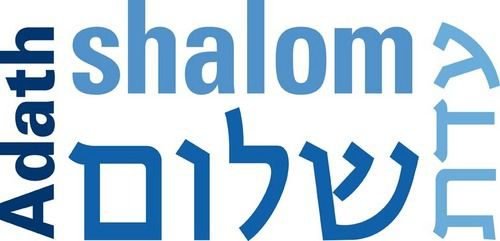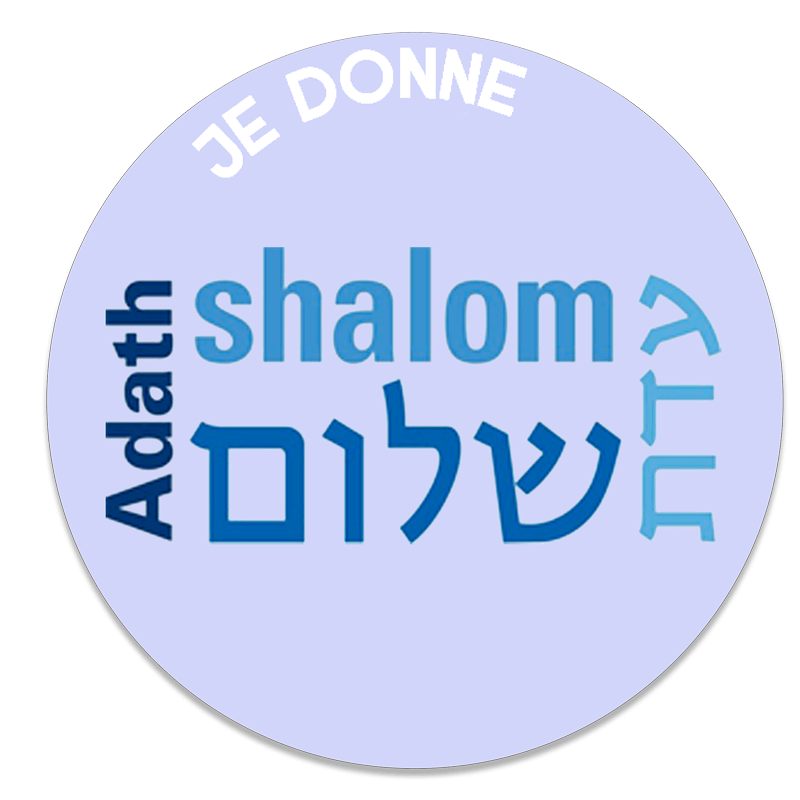Second naivety for Masorti Jews
By Rabbi Josh Weiner
Shana tova.
This is now my third Rosh Hashana at Adath Shalom, and in Jewish law, doing something three times is a chazaka, a commitment that can’t easily be undone. As I enter my third year here, I’m proud of what this community has become, I’m humbled by the weight of the responsibility in maintaining all that has been created here, I’m reasonably anxious about the future and I trust in the future.
Am Yisrael Chai, somehow, despite everything, the Jewish people are always here.
There’s a hasidic story I like and almost understand. It concerns Rebbe Nachman of Breslov before he was well-known and famous, when he was considered strange and extreme even in his milieu. Nonetheless, he had a disciple, an assistant rabbi, called Rebbe Natan of Nemirov, who lived with him, served him and learned from him. One day, a messenger came with a message offering Rebbe Natan an important position as the rabbi of a big town. He was caught in a dilemma – he wanted to serve the Jewish people, but he also wanted to stay and learn from Rebbe Nachman. He struggled with the dilemma, and eventually asked Rebbe Nachman “what should I do, should I stay or should I go?” Rebbe Nachman answered: go.
He was puzzled and a bit hurt, but accepted the job and packed his bags. On the carriage leaving the village, he was struck with doubt and couldn’t believe that he was leaving his master forever. He jumped out of the carriage, ran back to Rebbe Nachman’s home, and asked again: “what should I do, should I stay or should I go?” Rebbe Nachman answered: stay. He was confused: what do you mean? you said go, you said stay… Rebbe Nachman said – If you want to know the truth, the truth is that you should go. But the truth of the truth is that you should stay. And in other versions of the story, he answers: if you want to know the truth of the truth, you shouldn’t be a rabbi.
One of the big struggles I feel we have in our lives, in this world, is knowing the truth. The simple version that we tell our kids in the Talmud Tora is that it’s good to tell the truth and bad to lie. But in the real world, how do we apply this? Which truth is the true one? Maybe Rebbe Nachman was saying that whatever he did, stay or go, that would have been the truth retroactively. But how can we make decisions when nothing is clear. We live in a world with so much information and so little certainty. We have people speaking in the media claiming that the media is a lie, that everything except what they say is fake news. In every debate in society, we’re sure that everyone but us is misinformed. We see photos on social media and everyone seems to be having a perfect life except for us. How do we know what to do?
There’s a line we say in each of our prayers on Rosh Hashana.
וטהר לבנו לעבדך באמת כי אתה אלקים אמת ודברך אמת וקיים לעד
“Purify our hearts so that we can serve you in truth, because you are God of truth and your words are true forever.”
One way of understanding this is that God not only commands truth, but is truth. That the language of God is truth, so that every time we encounter something which is true we can sense God in the world, and every time we say what is true we are making God more present and manifest in the world. Sometimes, we are told that there is a tension between religion and truth; that the language of truth is science and mathematics, and the language of religion is faith and suspension of rational thought. This isn’t necessarily so. When we look at Maimonides’ description of the mitzvah of loving God, ve’ahavta, he describes it as so:
וְהֵיאַךְ הִיא הַדֶּרֶךְ לְאַהֲבָתוֹ וְיִרְאָתוֹ. בְּשָׁעָה שֶׁיִּתְבּוֹנֵן הָאָדָם בְּמַעֲשָׂיו וּבְרוּאָיו הַנִּפְלָאִים הַגְּדוֹלִים וְיִרְאֶה מֵהֶן חָכְמָתוֹ שֶׁאֵין לָהּ עֵרֶךְ וְלֹא קֵץ מִיָּד הוּא אוֹהֵב וּמְשַׁבֵּחַ וּמְפָאֵר וּמִתְאַוֶּה תַּאֲוָה גְּדוֹלָה לֵידַע הַשֵּׁם הַגָּדוֹל. כְּמוֹ שֶׁאָמַר דָּוִד (תהילים מב ג) “צָמְאָה נַפְשִׁי לֵאלֹהִים לְאֵל חָי”
“What is the path to attain love of God? When a person contemplates His wondrous and great deeds and creations and appreciates His infinite wisdom that surpasses all comparison, he will immediately love, praise, and glorify Him, yearning with tremendous desire to know God’s great name, as David stated: “My soul thirsts for the Lord, for the living God””
So, understanding the world is a religious and spiritual obligation. Elsewhere, Maimonides writes that the path to spiritual perfection begins by studying mathematics, astronomy, medicine and philosophy.
As Masorti Jews, we’re particularly proud of our relationship with scientific thought and the language of truth. Some Jews believe things which are false, and other Jews, maybe most, are comfortable to have a dissonance in their thought: inside the synagogue they say one thing, outside they say another. Inside the synagogue it’s 5784 years since the creation of Adam, and outside the universe is 13 billion years old. Inside the synagogue, every word of every paracha, every midrash, is sacred and can never be questioned; outside, we rely on scientific studies and tests before trusting the safety of any food, medicine or technology.
Masorti Jews try to bridge that gap between the two worlds – learn the history of our texts and traditions; understand the difference between the essential and the contextual in our halacha, especially concerning the roles of men and women; and like Maimonides see secular education as a religious obligation. Massorti is not perfect, and we don’t always know the truth or agree on it, but as a principle it’s one that we are and should be proud of. Again:
וטהר לבנו לעבדך באמת כי אתה אלקים אמת ודברך אמת וקיים לעד
“Purify our hearts so that we can serve you in truth, because you are God of truth and your words are true forever.”
I’m here in this synagogue because I believe in this project, but I also sense a problem. There’s something empty in building our whole identity on criticism, even when the goal is something as noble as the truth. There’s an emptiness that we feel in modern society and in modern Judaism, a feeling that something is missing. Ok, so we know the truth. Now what?
The French philosopher Paul Ricouer refers to this modern emptiness, and sometimes speaks about ‘a second naivety’. In fact, this phrase was already used in the 1930s by a German-Jewish educator called Ernst Simon. Perhaps this is the key that can give us a way past a Judaism that has to choose between naive traditions and critical truth, and bring us to a place of fulfilling honest modern religious lives. Let me give just a few examples to show what this second naivety could look like.
First, creation. Hayom Harat Olam, today, Rosh Hashanah, is the anniversary of the creation of the world, or according to another source the creation of Adam. 5,784 years ago exactly Adam was created, and in the six days that preceded him, there was the creation of light and darkness and trees and animals. There’s a power to this story, not just for kids but in making sense of the world, feeling that everything has a purpose and a reason. But we know it’s not literally true, neither the world nor the first Adam were created on Rosh Hashanah 5784 years ago. If there are segments of Jewish society, especially in Israel and maybe also in France, that don’t teach children about the Big Bang and evolution and dinosaurs, we need to protest that.
But we also have an opportunity here to see things like the Big bang and evolution as new descriptions of the creation story, to appreciate them as beautiful and touching, with a dimension of responsibility. Learning how rare and fragile our world is, gives new meaning to the task given to Adam in the garden of Eden , leovda veleshomra, “to work it and guard it”. A second naïveté allows us to care about the world we live in; not just know the truth about it, but the truth of the truth.
The same applies to the ideas of judgment, reward and punishment. A naive reading of this day, the one that we read in the prayer of U’netaneh Tokef, is that God decides who will live and who will die, who will be rich and who will be poor, who will suffer and who will rejoice. And while this trust is admirable, there’s a danger in such a worldview of passivity. Someone here was telling me how his mother says ‘Hachem will provide’, as he gives her money to pay for her food and housing. The truth is that it’s usually hard work that leads to miraculous results, and the truth is that good people sometimes die and bad people usually live another year. Again, we sometimes need to protest against a passive naive approach that is sometimes offensive and sometimes dangerous.
But just knowing the truth leaves us in a very poor place. What now? An approach of second naivety sees the ideas of reward and punishment as real in a profound way. I don’t control everything in my life – not my health and not my success. Maybe that’s why many of us are here today, the day of judgment, a recognition that our actions matter but we don’t always control their consequences. We accept that if we don’t do the right things, we cause harm to ourselves and others, and therefore we feel judged today if we haven’t lived up to our ideals. And we accept that even if we do the right things, we’re not ever in full control of our lives, and express that by asking for mercy.
(One of my small side projects this year has been to create a library in Hebrew for Israelis in Paris. A few days ago, an Israeli woman offered me some books, and I said I would come and pick them up, and I ended my text message with the words ‘be’ezrat hashem’, with the help of God. She wrote back: “It doesn’t depend on God but on the goodwill of each of us.” I should have stayed silent but I wrote back what I just said here: “Yes, of course, but our goodwill doesn’t control the metro, the rain etc.” She said: “You think God controls the rain?” And she stopped communicating with me and I didn’t get the books. Now, she thinks I’m stupid and naive. But she doesn’t know that I’m on my second naivety, I *choose* to be stupid and naive and say things like “with the help of God”, not to be trapped in a limited perspective of the world with myself and my confidence at its centre.)
Again:
וטהר לבנו לעבדך באמת כי אתה אלקים אמת ודברך אמת וקיים לעד
“Purify our hearts so that we can serve you in truth, because you are God of truth and your words are true forever.”
Why do we need a prayer to ask God to allow us to be true? It should be our task to study and understand what is true and what isn’t, to remove anything false from our lives and our lifestyles, and speak out against those who proclaim things which are not true. But that’s not enough. After all of that, we pray to achieve the truth of the truth, a scientific realism that has room for doubt, naivety, hope, compassion; a criticism that has room for kindness and being surprised; we pray to be able to pray. This is what I hope for myself and for our community.
Shana Tova.




